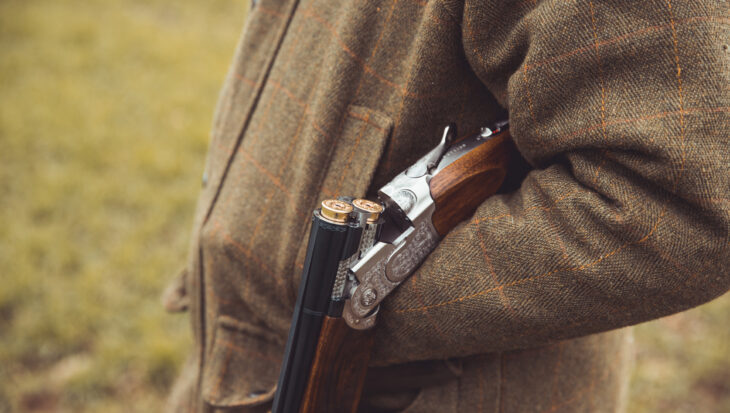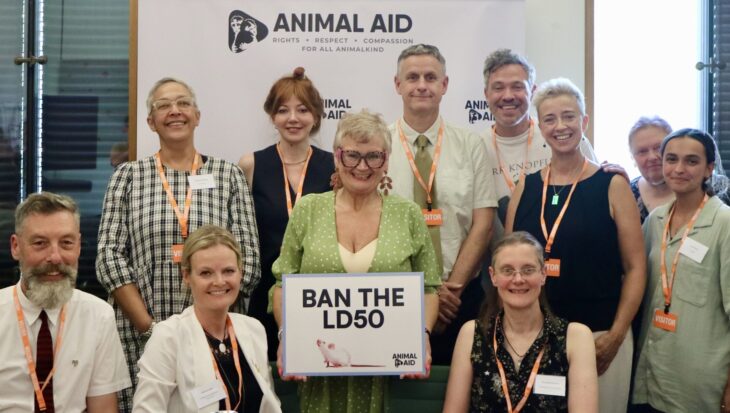Ban on the use of lead shot – finally!
Posted 10 Jul 2025

Posted 10 Jul 2025

Yesterday, Animal Aid hosted a roundtable in Westminster, to meet with MPs and other invited guests to discuss the ending the LD50 and other animal tests.
Posted 02 Jul 2025
